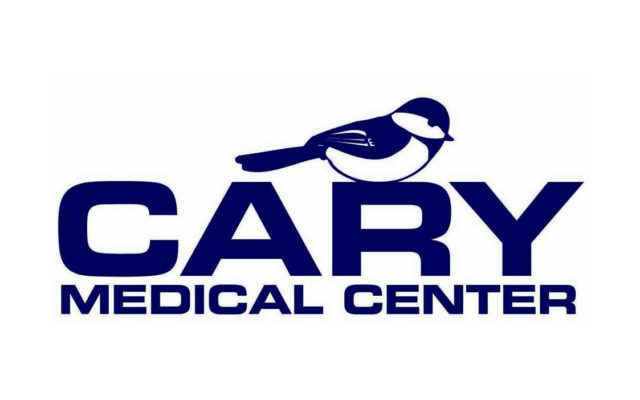CARIBOU, Maine — Certified Registered Nurse Anesthetists are a critical part of the patient care team providing anesthesia, monitoring patients throughout surgical procedures and comforting patients both pre-operatively and following surgery. Gail Cyr, CRNA at Cary, said that while she spends just a short time with patients it is a very rewarding experience.
“I really love being able to be with the patient both before and after surgery,” said Cyr. “This is an anxious time for patients and I enjoy providing support and comfort to ease the anxiety. Helping the patient feel safe and cared for in a meaningful way is what really motivates me.”
CRNAs monitor a patient’s vital signs during surgery and manage their anesthesia experience throughout both short and long surgical procedures. They also provide pain management for labor patients providing both intrathecal and epidural pain control for those who desire the service. CRNAs also work with the emergency department with specific patients who need intubation helping with breathing. Putting in central lines for special IV access and assisting nursing staff with inserting IV lines for patients who are difficult to insert the IV. They will also do sedation for patients with difficulty having an MRI or need sedation for other medical issues.
“While about 70 percent of the CRNAs time is spent in the operating room, the other 30 percent is spent helping out in a variety of ways,” said Cyr. “We work in a very supportive way throughout the clinical areas providing all the help we can.”
To become certified the CRNA must first earn a bachelor’s degree in nursing. Spending at least two years in critical care or having recent experience in a critical care setting is often preferred though one year is acceptable for some programs. The student would then apply for an advanced degree, a master’s in nursing anesthesia. Many CRNA programs are moving to doctorate level which generally requires 36 months of training. The only CRNA program in Maine is at the University of New England and that program offers the doctorate degree.
There are multiple different models for CRNA coverage in the hospital setting. Some facilities, particularly in rural areas utilize CRNAs only and nurse anesthesia is the norm at veterans facilities throughout the United States. Cary Medical Center uses the CRNA model under the supervision of an anesthesiologist, a physician with special training in anesthesiology. Cyr said that the model works very well at Cary.
“We have an excellent model here,” she said. “Our anesthesiologists work very collaboratively with us, they have high confidence and respect for the work that we do and we truly work as a team to provide the safest and optimal experience for our patients.”
Cary Medical Center welcomes inquiries in regard to financial assistance for educational costs for CRNAs who have completed training or who have been accepted and are entering a certified training program. The hospital encourages high school students or others wishing to learn more about a career as a CRNA to arrange for a job shadow. Interested individuals should call the Office of Community Relations at 207-498-1112.
Nurse anesthetists have been administering anesthesia to clients in the United States for more than 150 years. Approximately 54,000 Certified Registered Nurse Anesthetists and student registered nurse anesthesia experts around the country give more than 49 million anesthesia services each year securely and cost-effectively. The American Association of Nurse Anesthetists annual celebration of anesthesia care and anesthesia patient safety is known as National CRNA Week.







